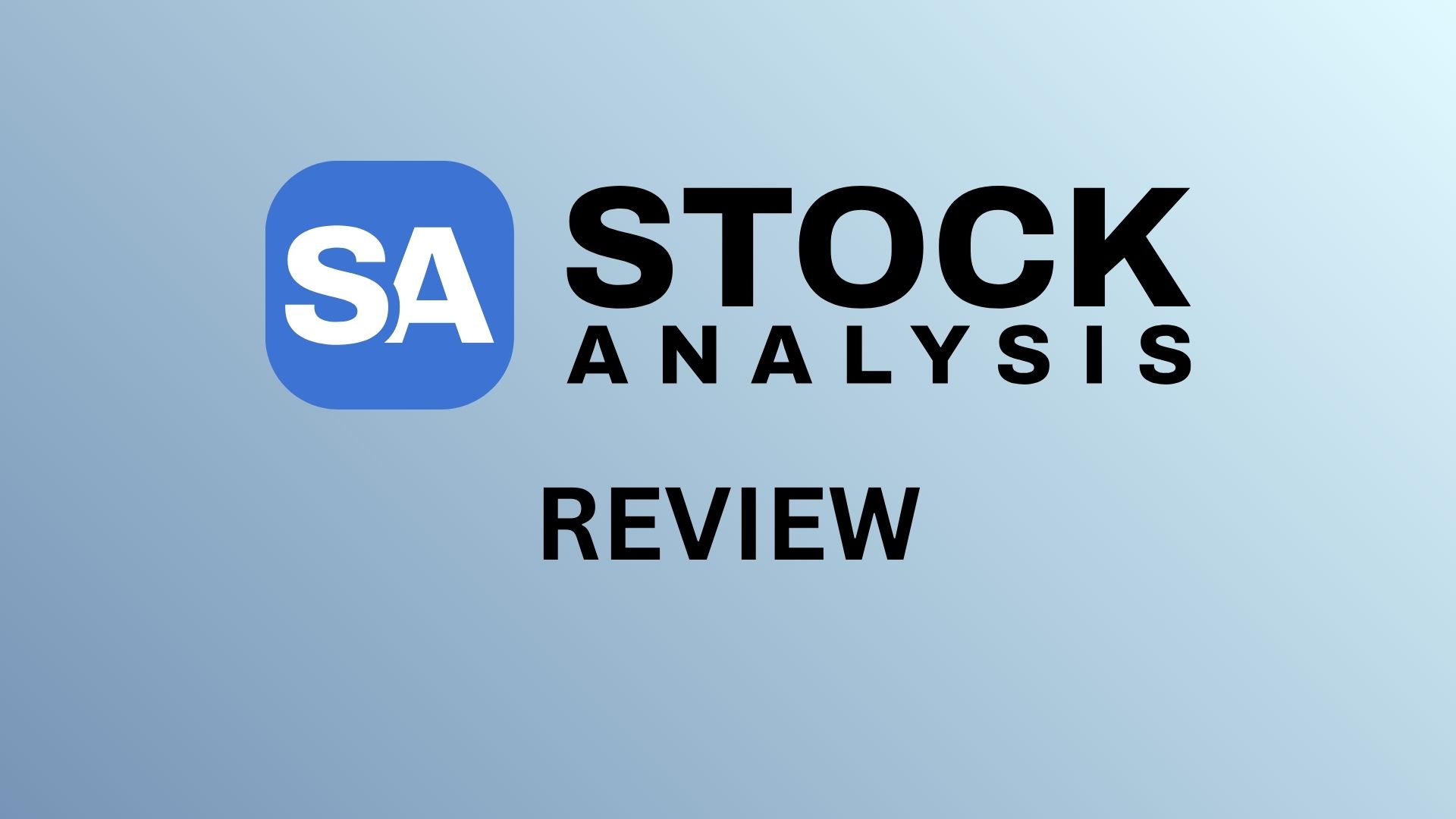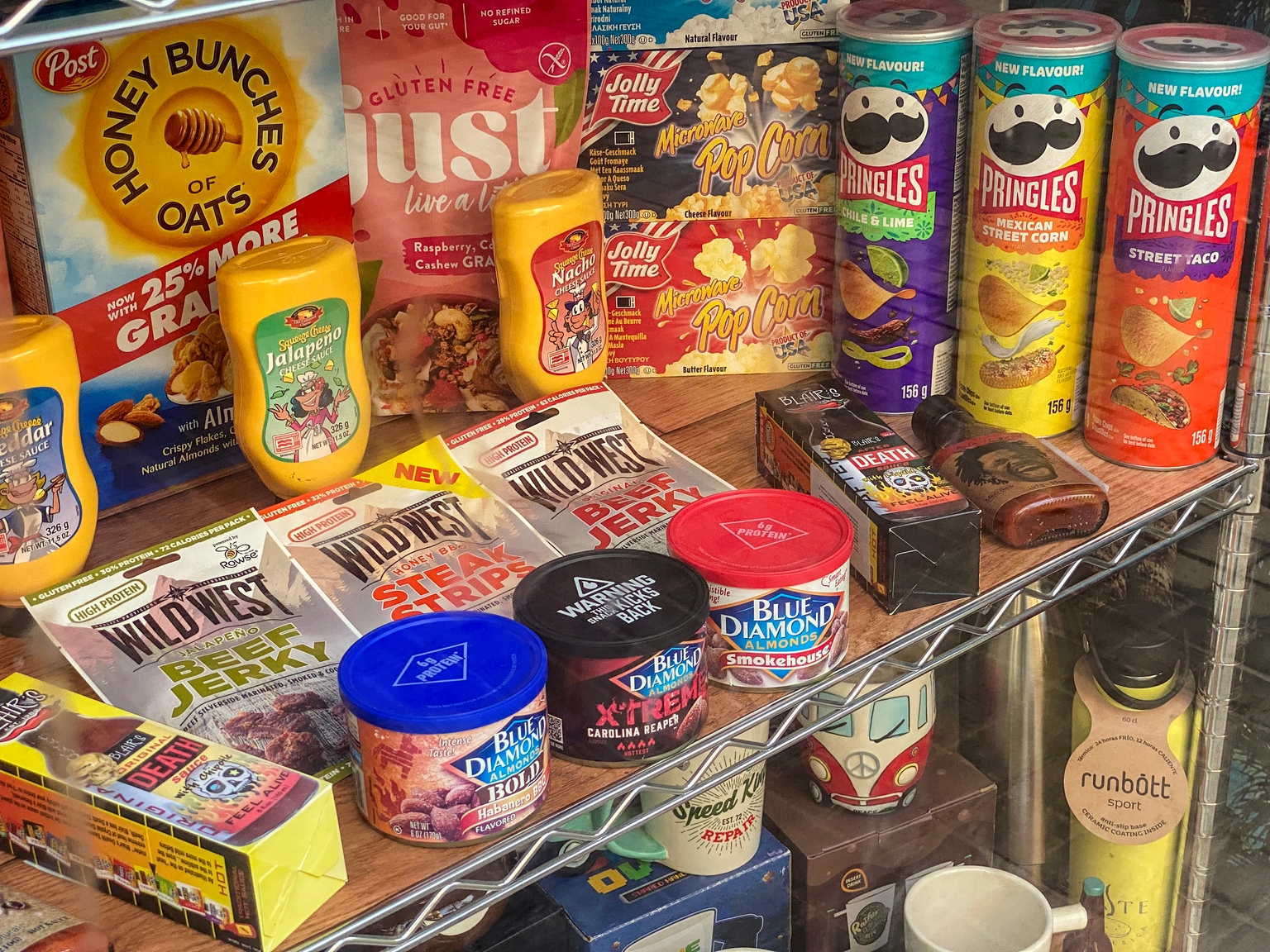By Wayne Cole
SYDNEY (Reuters) – Asian share markets slipped on Monday following another drubbing for Wall Street as investors brace for a further drastic tightening in global financial conditions, with all the risks of recession that brings.
Concerns about financial stability added to the corrosive mix with all eyes on UK bonds now that the Bank of England’s (BoE’s) emergency buying spree is over.
Prime Minister Liz Truss’ decision to fire her finance minister might help reassure investors, but her own fate is unclear with media reporting Tory lawmakers will try and replace her this week.
BoE Governor Andrew Bailey warned over the weekend that rates might have to rise by more than thought just a couple of months ago.
“The BoE was doing emergency bond-buying that’s technically identical to QE with one hand, while furiously raising the policy rate with the other,” said analysts at ANZ in a note.
“Monday’s market action will provide a test, not only for the survival of Truss’ low-tax vision, but also her political future.”
Sterling was quoted up 0.6% at $1.1233, but trading was sparse with little liquidity in Asia. futures fell 0.5%, and EUROSTOXX 50 futures 0.6%.
MSCI’s broadest index of Asia-Pacific shares outside Japan eased 1.2% and back toward last week’s 2-1/2 year low.
shed 1.5% and South Korea 0.1%. Chinese blue chips dipped 0.6% ahead of GDP data due on Tuesday.
edged up 0.5% after Friday’s sharp retreat, while Nasdaq futures added 0.4%.
While the S&P is an eye-watering 25% off its peak, BofA economist Jared Woodard warned the slide was not over given the world was transitioning from two decades of 2% inflation to a time of something more like 5% inflation.
“$70 trillion of ‘new’ tech, growth, and government bond assets priced for a 2% world are vulnerable to these secular shifts as ‘old’ industries like energy and materials surge, reversing decades of under-investment,” he wrote in a note.
“Rotating out of 60/40 proxies and buying what is scarce – power, food, energy – is the best way for investors to diversify.”
INTERVENTION WATCH
A red-hot U.S. consumer price report and rising inflation expectations have markets fully expecting the Federal Reserve to hike rates by 75 basis points next month, and likely by the same again in December.
A host of Fed policymakers are speaking this week, so there will be plenty of opportunity for hawkish headlines. The earnings season also continues with Tesla (NASDAQ:) Inc, Netflix (NASDAQ:) and Johnson & Johnson (NYSE:) reporting, among others.
In China, the Communist Party Congress is expected to grant a third term to President Xi Jinping, while there could be a reshuffle of top economic roles as incumbents are near retirement age or term-limits.
In currency markets, the dollar remains king as investors price in U.S. rates peaking around 5%.
The yen has been particularly hard hit as the Bank of Japan sticks to its super-easy policy, while authorities refrained from intervention last week even as the dollar sped past the 148.00 level to 32-year peaks.
Early Monday, the dollar was up at 148.59 yen and heading for the next target at 150.00.
The euro was holding at $0.9745, having put in a steadier performance last week, while the eased a fraction to 113.20.
The rise of the dollar and global bond yields has been a drag for gold, which was stuck at $1,650 an ounce. [GOL/]
Oil prices were trying to bounce, after sinking more than 6% last week as fears of a demand slowdown outweighed OPEC’s plans to cut output. [O/R]
firmed 64 cents to $92.27 a barrel, while rose 57 cents to $86.18 per barrel.













